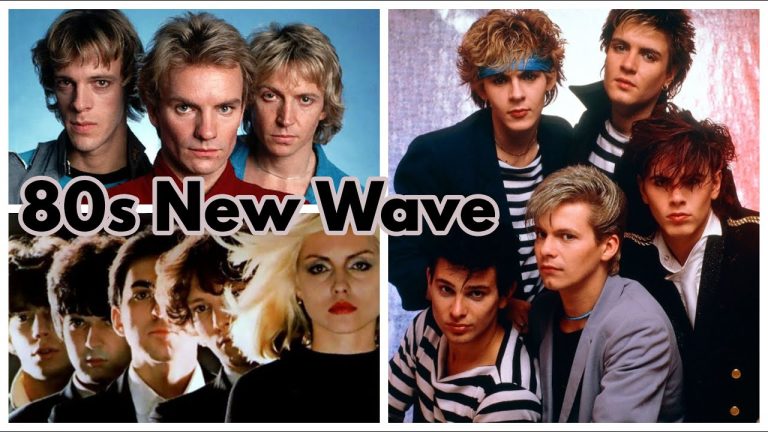![]()
In a surprising twist for music enthusiasts worldwide, it has been announced that the iconic New Wave music genre has been “sold out,” a phrase that signals both a symbolic and literal shift in its cultural and commercial landscape. This news, while shocking to many, underscores the genre’s profound impact on the music industry and its evolving legacy.
New Wave emerged in the late 1970s and early 1980s as a vibrant fusion of punk rock, pop, and electronic music. Artists like Blondie, Talking Heads, and Depeche Mode helped define the genre, which quickly became synonymous with a fresh, edgy sound and a distinctive aesthetic. With its emphasis on synthesizers, quirky rhythms, and a style that embraced both retro and futuristic elements, New Wave captured the spirit of an era and influenced countless musicians.

However, the term “sold out” in this context refers to a phenomenon that’s both literal and metaphorical. On one hand, it reflects the genre’s commercial success and widespread mainstream acceptance, which has led to its saturation in the market. Major New Wave bands and their iconic songs are now staples in playlists and nostalgia-driven media, often used to evoke a particular time and place. This mainstream success, while a testament to the genre’s enduring appeal, has also led to an oversaturation that some argue dilutes its original spirit and innovation.
On the other hand, the “sell-out” narrative also reflects the genre’s integration into broader pop culture and its commercialization. New Wave music, once a rebellious countercultural movement, has become a commodity, with its classic tracks frequently featured in advertisements, movies, and TV shows. This commercialization is a double-edged sword: it helps keep the genre alive and introduces it to new generations, but it also risks stripping away the edgy, avant-garde qualities that made it revolutionary.

The announcement of New Wave’s “sale out” has sparked debates among fans and critics. Some view it as a natural progression for any influential genre, while others lament the loss of its original edge. Despite these mixed feelings, there’s no denying the genre’s profound influence on music and culture. As New Wave transitions from its revolutionary roots to a celebrated and commercialized legacy, it continues to resonate with both longtime fans and new listeners.
Ultimately, the “selling out” of New Wave is a reflection of its success and its complicated relationship with the mainstream. It remains a testament to the genre’s lasting impact and its role in shaping the musical landscape of the late 20th century and beyond.
